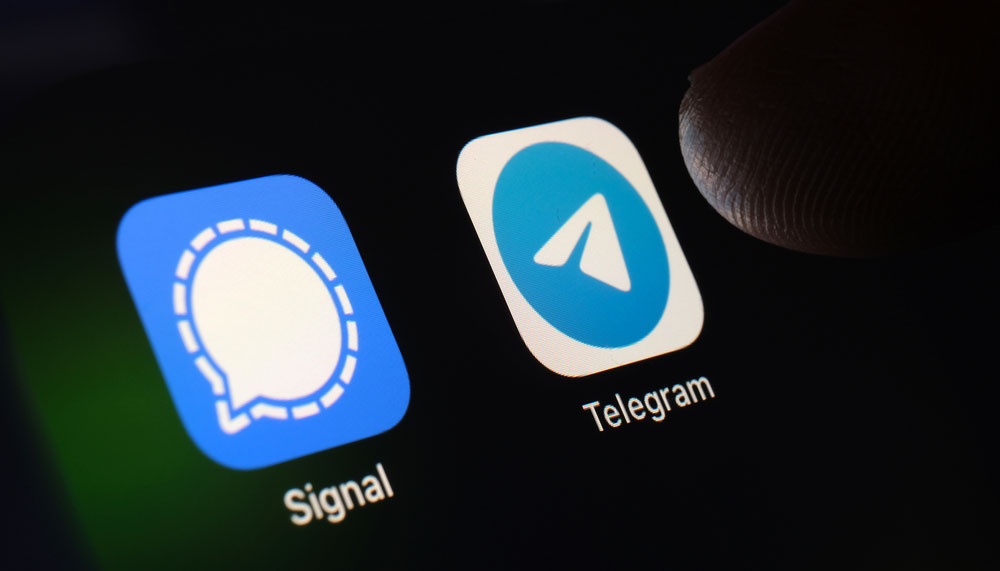Reasons to Avoid Impacting the Other When Monitoring One’s Productivity and Privacy
The demand for a deeper knowledge of employee behavior in remote work is expanding, as evidenced by the 78{8f980e8f12c7cd70f154cf4b61e16c63042dd8985921cf99ac99c87a196a0074} of…



